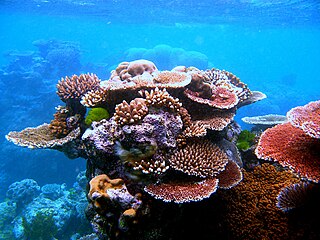
Anthozoa is a class of marine invertebrates which includes the sea anemones, stony corals and soft corals. Adult anthozoans are almost all attached to the seabed, while their larvae can disperse as part of the plankton. The basic unit of the adult is the polyp; this consists of a cylindrical column topped by a disc with a central mouth surrounded by tentacles. Sea anemones are mostly solitary, but the majority of corals are colonial, being formed by the budding of new polyps from an original, founding individual. Colonies are strengthened by calcium carbonate and other materials and take various massive, plate-like, bushy or leafy forms.
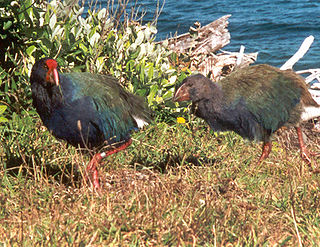
In paleontology, a Lazarus taxon is a taxon that disappears for one or more periods from the fossil record, only to appear again later. Likewise in conservation biology and ecology, it can refer to species or populations that were thought to be extinct, and are rediscovered. The term Lazarus taxon was coined by Karl W. Flessa & David Jablonski in 1983 and was then expanded by Jablonski in 1986. Wignall and Benton defined Lazarus taxon as, ‘At times of biotic crisis many taxa go extinct, but others only temporarily disappeared from the fossil record, often for intervals measured in millions of years, before reappearing unchanged’. Earlier work also supports the concept though without using the name Lazarus taxon, like work by Christopher R. C. Paul.

Calliostoma is a genus of small to medium-sized sea snails with gills and an operculum, marine gastropod molluscs within the family Calliostomatidae, the Calliostoma top snails. Previously this genus was placed within the family Trochidae. Calliostoma is the type genus of the family Calliostomatidae.
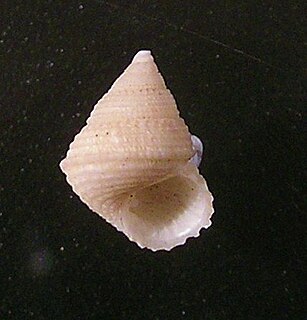
Chilodontaidae is a taxonomic family of mostly small deepwater sea snails, marine gastropod molluscs in the clade Vetigastropoda.

Trochus is a genus of medium-sized to large, top-shaped sea snails with an operculum and a pearly inside to their shells, marine gastropod molluscs in the family Trochidae, the top snails.

Tectonatica is a genus of sea snails, marine gastropod molluscs in the family Naticidae, the moon snails.

Munidopsis serricornis is a species of squat lobster. It is widely distributed in the world's oceans, being found in the eastern Atlantic Ocean, the western Atlantic Ocean, and the Indo-Pacific. It grows up to a carapace length of 20 millimetres (0.8 in).

Sorgenfreispira brachystoma is a species of sea snail, a marine gastropod mollusk in the family Mangeliidae.
Haedropleura secalina is a species of sea snail, a marine gastropod mollusk in the family Horaiclavidae.
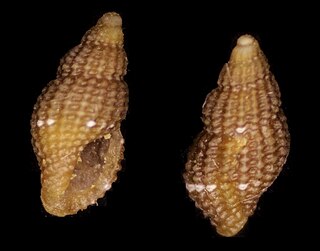
Raphitoma laviae is a species of sea snail, a marine gastropod mollusc in the family Raphitomidae.
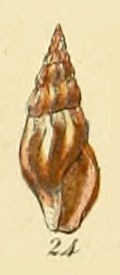
Haedropleura is a genus of sea snails, marine gastropod mollusks in the family Horaiclavidae.
Lopheliella moolenbeeki is a species of sea snail, a marine gastropod mollusk in the family Skeneidae. It was named for Robert G. Moolenbeek, a Dutch malacologist.
Lopheliella rockallensis is a species of sea snail, a marine gastropod mollusc in the family Skeneidae.
Calliostoma cubense is a species of sea snail, a marine gastropod mollusk in the family Calliostomatidae.
Calliostoma frumari is a species of sea snail, a marine gastropod mollusc in the family Calliostomatidae.

Calliostoma tampaense is a species of sea snail, a marine gastropod mollusk in the family Calliostomatidae.
Calliostoma torrei is a species of sea snail, a marine gastropod mollusk in the family Calliostomatidae.

Bela nuperrima is a species of sea snail, a marine gastropod mollusk in the family Mangeliidae.
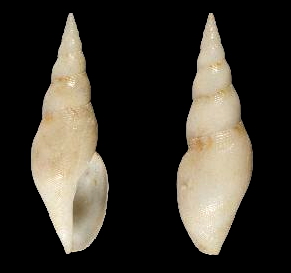
Leiosyrinx liphaima is a species of sea snail, a marine gastropod mollusk in the family Raphitomidae.












